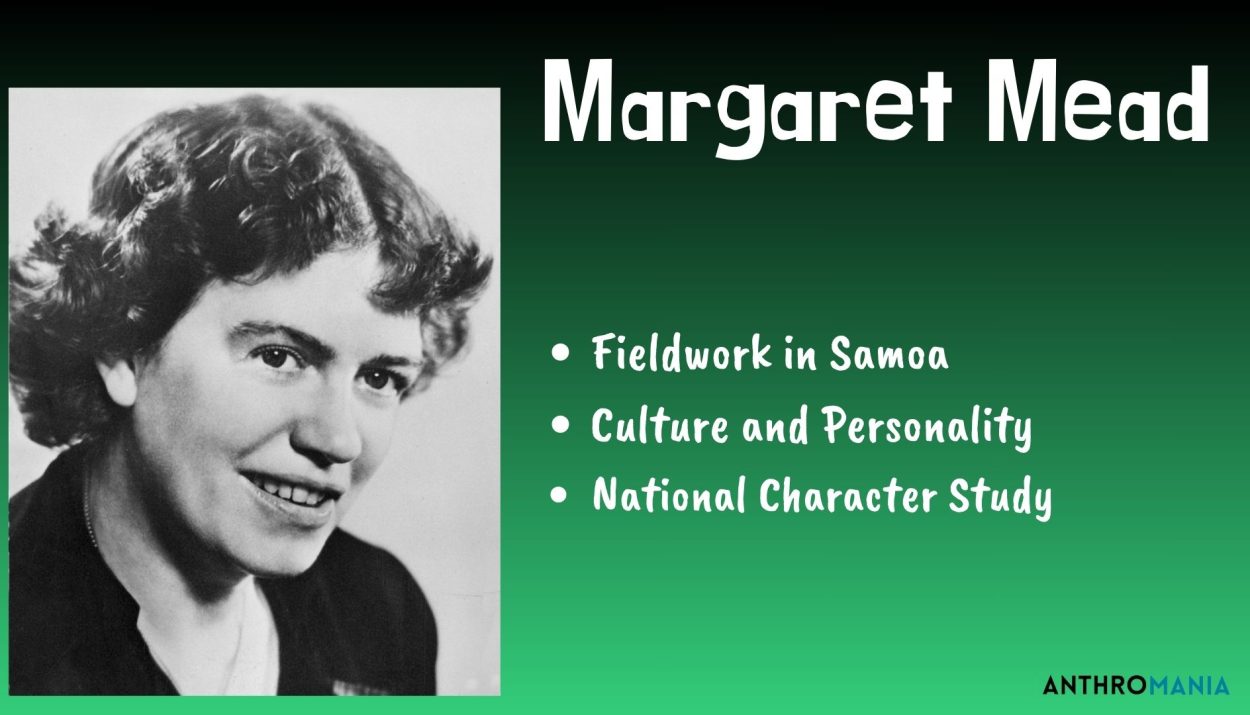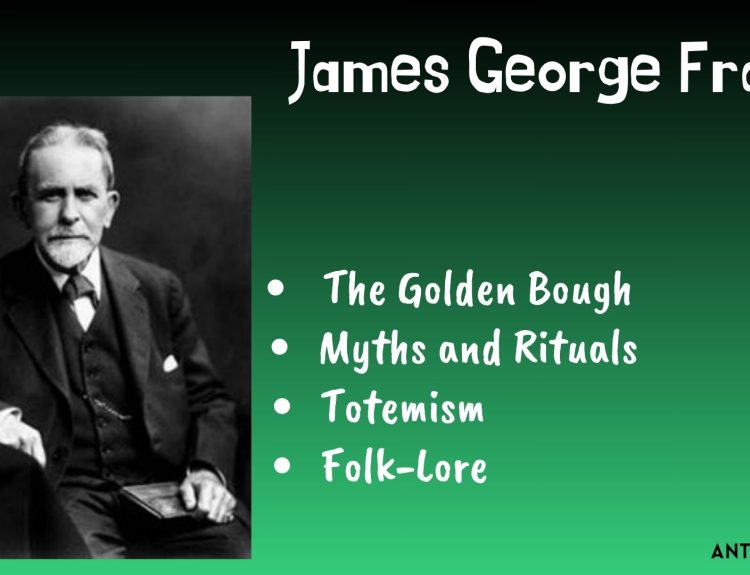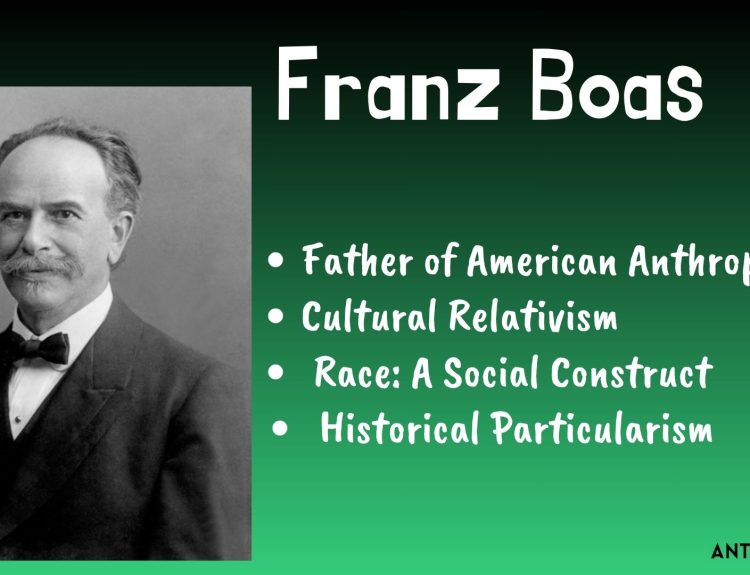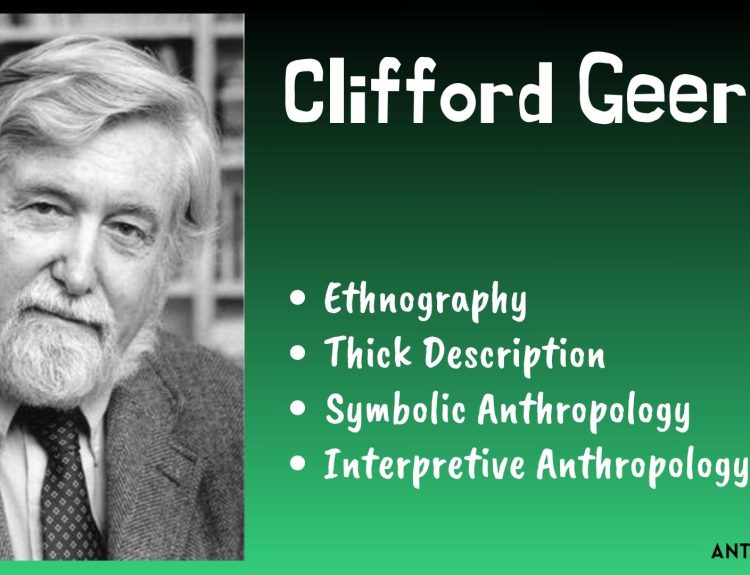Margaret Mead, a name synonymous with the field of anthropology, left an indelible mark on the study of culture and human behaviour. Her pioneering work continues to influence our understanding of the world and remains a cornerstone in the realm of social sciences. In this article, we delve into the life, work, and Margaret Mead’s contributions to the field of anthropology.
Early Life and Education
Born on December 16, 1901, in Philadelphia, Pennsylvania (US), Margaret Mead displayed an early interest in the diversity of cultures and societies. She pursued her higher education at Barnard College, where she studied under the guidance of the renowned anthropologist Franz Boas. Boas, known for his emphasis on cultural relativism, greatly influenced Mead’s approach to anthropology. She later continued her studies at Columbia University, where she earned her Ph.D. Margaret Mead passed away on November 15, 1978, in New York.
Fieldwork in Samoa
Margaret Mead embarked on a multifaceted research journey that encompassed the examination of America’s national character. She sought to understand how culture influences and shapes personality traits.
One of Mead’s most renowned works is her study of adolescence in Samoa. In 1925, at the age of 23, she ventured to this Pacific Island, conducting extensive fieldwork. Her research culminated in the groundbreaking book, “Coming of Age in Samoa,” published in 1928.
In her initial research, as documented in “Coming of Age in Samoa” (1928), she observed that Samoan children transitioned into the world of adulthood, including aspects of sexuality and work, with remarkable ease. This contrasted sharply with their counterparts in the United States, who bore the weight of Victorian-era restrictions on sexual conduct and an increasing separation from the productive world, needlessly complicating their transition from youth to adulthood.
Mead’s findings challenged prevailing notions about cultural determinism and the universality of human behaviour. She argued that culture plays a significant role in shaping human development, marking a pivotal moment in the history of anthropology.
Culture and Personality
Margaret Mead shared a multifaceted relationship with Ruth Benedict, serving as her student, lifelong friend, and collaborator. Together, Mead and Benedict shared a profound interest in exploring how culture shapes individual personality and behaviour.
Mead’s scholarly pursuits led her to delve deeply into the personality development of children in New Guinea, with a specific focus on the Manus tribe. Her findings were meticulously documented in “Growing up in New Guinea” (1930), a work that probed the intricacies of enculturation processes through which the Manus people nurtured their offspring from infancy to adulthood. The book thoroughly analyzes the pivotal role of culture in shaping a child’s personality through various life stages, from infancy and childhood to adulthood.
In 1935, Mead expanded her research horizon by authoring “Sex and Temperament in Three Primitive Societies,” a comprehensive study based on her observations of the Arapesh, Mundugumor, and Tchambuli societies in New Guinea. This work compared the differences in sex roles, sexual dynamics, and philosophical perspectives across these diverse societies. Mead’s research delved into the profound impact of culture on the formation of individual personalities, vividly showcasing the wide-ranging temperaments exhibited by men and women in different cultural contexts. For example, the Arapesh society was characterized by general peacefulness, while the Mundugumor society valued aggression in both genders. In contrast, the Tchambuli culture fostered submissive temperaments in males and assertive characteristics in females.
Mead’s exploration of these three societies collectively illuminated her conviction that variations in male and female personality types, both within the same society and across different societies, were primarily influenced by distinct cultural processes. These cultural dynamics varied from one cultural group to another or from one society to the next. In conclusion, Mead firmly asserted that culture’s influence shapes the character, temperament, and personality of individuals within a group. Her ideas continue to shape modern discussions on nature versus nurture and the impact of culture on personality.
Margaret Mead’s Profound Legacy
Margaret Mead’s legacy is undeniably profound. She was not only an influential scholar but also a public intellectual who made anthropology accessible to the masses. Her work helped dispel stereotypes and biases about different cultures, promoting cultural understanding and tolerance. Her books, including “Sex and Temperament in Three Primitive Societies (1935),” “Growing Up in New Guinea (1930),” “Continuities in Cultural Evolution (1964),” “The Changing Culture of an Indian Tribe (1932),” “Balinese Character: A Photographic Analysis (with Gregory Bateson) (1942),” and others, remain essential reading in anthropology and related fields.
In addition to these significant works, Mead authored “Male and Female: A Study of the Sexes in a Changing World” (1949), “Anthropology: A Human Science” (1964), “Culture and Commitment” (1970), “Ruth Benedict” (1974; later edition in 2005), a biographical work about the anthropologist, and “Blackberry Winter” (1972; reissued in 1989), an autobiographical account of her formative years.
At the age of 72, she attained the presidency of the American Association for the Advancement of Science. In 1979, even after her passing, she was posthumously honoured with the Presidential Medal of Freedom, the most prestigious civilian award in the United States.
Mead’s influence extends far beyond academia. Her insights have significantly impacted education, feminism, and the study of gender roles. Her emphasis on cultural relativism and her challenges to conventional wisdom have contributed to the development of a more inclusive and multicultural society.
Conclusion
Margaret Mead’s life and work continue to inspire anthropologists, scholars, and those interested in the study of human behaviour and culture. Her research challenged established norms and helped shape the field of anthropology as we know it today. Mead’s enduring legacy serves as a powerful reminder of the importance of open-mindedness, cultural diversity, and the ongoing quest to understand the complexities of human behaviour.







